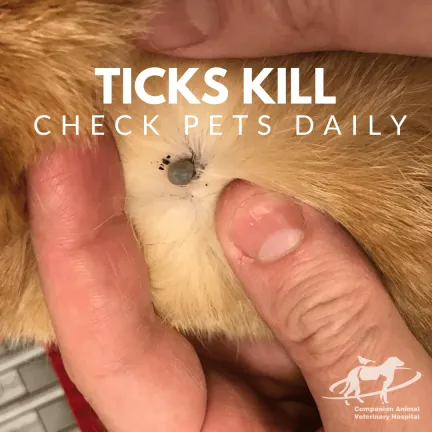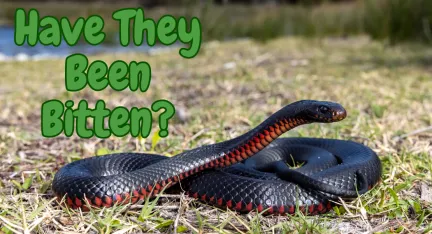I-If your cat has been diagnosed with hyperthyroidism, it’s essential to explore the best treatment options available. I-131 radiotherapy for cats is one of the most effective and safe treatments for managing this common endocrine disorder. Unlike traditional surgery, I-131 offers a non-invasive and long-term solution, ensuring your feline companion’s comfort and wellbeing.
What is I-131 Radiotherapy for Cats?
I-131 (Iodine-131) radiotherapy is a highly precise treatment for hyperthyroidism in cats, targeting the overactive thyroid glands without the need for surgery. The procedure involves administering a single injection of radioactive iodine, which selectively destroys the abnormal thyroid tissue causing the disease.
This method is known for its high success rate and is considered a one-time treatment that doesn’t require repeat sessions or lengthy recovery periods, making it an excellent choice for both cats and their owners.
Why Choose I-131 for Hyperthyroidism in Cats?
• Non-Invasive: Unlike traditional surgical methods, I-131 radiotherapy is non-invasive, meaning no incisions are required, and your cat won’t need to undergo general anaesthesia or face the risks associated with surgery.
• Minimal Side Effects: One of the significant benefits of I-131 is that it precisely targets thyroid tissue, leaving the surrounding healthy tissue unharmed. This results in minimal side effects, ensuring a quicker and less stressful recovery.
• Long-Term Results: I-131 provides a long-term solution to hyperthyroidism, often resolving the issue permanently with just one treatment. Most cats experience a significant improvement in their condition within a few weeks, and the treatment offers lasting benefits, improving your cat’s quality of life.
• Fast Recovery: Since I-131 radiotherapy doesn’t involve invasive surgery, recovery times are typically faster, and your cat can return to normal activities soon after the procedure.
How Does I-131 Radiotherapy Work?
The procedure begins with an accurate diagnosis of hyperthyroidism. Once confirmed, your cat will be given a single injection of radioactive iodine. This iodine is selectively absorbed by the thyroid gland, targeting the overactive tissue responsible for producing excessive thyroid hormones.
Over the next few weeks, the radioactive iodine destroys the abnormal thyroid cells, restoring normal thyroid function and alleviating the symptoms of hyperthyroidism.
Is I-131 Safe for My Cat?
Yes, I-131 radiotherapy is safe for cats when performed under the supervision of an experienced veterinary team. While the procedure uses a small amount of radiation, the levels are carefully controlled to ensure your pet’s safety. Additionally, the radiation is directed at the thyroid tissue, so minimal exposure to the rest of the body occurs.
Your cat may need to stay in a specialised isolation ward for a short period after treatment to allow for the safe elimination of radioactive particles. This is standard procedure and ensures the safety of your cat and others around them.
Benefits of I-131 for Cats with Hyperthyroidism
• Effective Treatment: I-131 offers a proven, highly effective treatment for hyperthyroidism with a success rate of over 95%.
• No Need for Repeat Treatments: Unlike medication or surgery, I-131 often requires only one treatment to achieve lasting results, saving you time and money.
• Improved Quality of Life: Cats undergoing I-131 treatment experience a return to normal thyroid function, which improves their overall health, energy levels, and wellbeing.
What Are the Next Steps?
If you suspect that your cat has hyperthyroidism or have already received a diagnosis, consult with our experienced veterinary team at Companion Animal Vet. We offer I-131 radiotherapy for cats as part of our comprehensive range of treatments. Our team will assess your cat’s health and discuss the best options for their individual needs.
With I-131 radiotherapy, you can provide your cat with a safe, effective, and long-term solution for hyperthyroidism, ensuring they remain happy and healthy for years to come.

